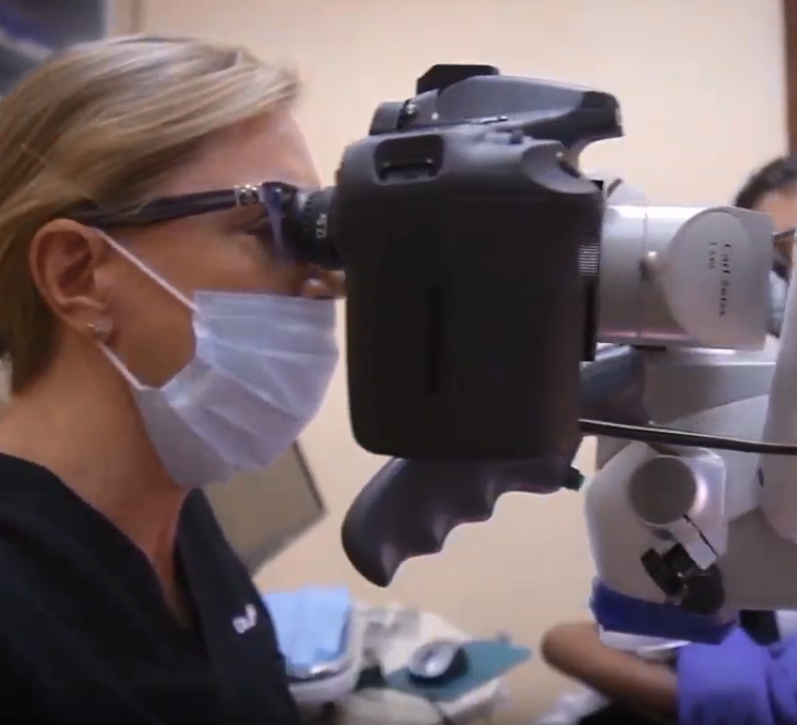Nothing can replace an in-depth conversation with your dental provider if you want to clearly understand your oral health. At no time is this more true than when you’ve been told you have failing natural teeth and might want to consider dental implants.
We’ve compiled a list of questions that will help guide your conversation with your dentist and help you understand the why, how, and what of dental implant procedures.
 Top Dental Implant Questions
Top Dental Implant Questions
- Does this mean my natural tooth (teeth) can’t be saved? Yes. Otherwise, you’d probably be talking with your endodontist about a root canal or other procedure aimed at saving the tooth.
- How many teeth will be replaced by the implants? Dentists can replace a single tooth, a number of teeth, or an entire set of teeth with dental implants.
- How much is this going to hurt? The implant procedure itself is usually pain-free, thanks to general or local anesthesia. Factors that can influence how much pain you feel afterwards include: having teeth extracted prior to your implant procedure; how closely you follow post-operative instructions on taking painkillers and antibiotics; how well you avoid foods that might aggravate the treated area; and if you follow good oral hygiene while the affected area is healing.
- How many visits to my dentist will this take? Typically, you can count on at least two visits to complete the dental implant procedure. The first visit is to remove any failing natural teeth and embed the implant in your jaw. A second visit is necessary to add a dental restoration (which resembles a crown and functions like your natural tooth) or to replace a temporary restoration, if you received a same-day implant (see below). You may also need a separate appointment to have a bone augmentation procedure in order to increase the chances of your dental implant being successful in the long term.
- How soon can I eat with my new teeth? All dental implants require a healing period, during which the metal implant integrates into the jaw. Some patients must eat with their remaining natural teeth, if they have any. Other patients are candidates for what is known as same-day implants or “teeth in a day,” a procedure in which the dental implants are placed in the jaw and a set of temporary overdentures are placed on top of them on the same day. In either case, during this time you’ll need to eat soft, non-irritating foods to ensure the implants integrate successfully.
- What care do my dental implants require? There are two key steps to promote long life for your implants. First, daily care is a must. Brush all your teeth twice a day and floss them daily. Second, get regular dental check-ups. Check-ups are especially critical for patients with implants.
“Dental implants are an excellent choice for many patients, but we find the most success when patients understand why they are receiving implants and what it takes to care for them,” says Dr. Jacqueline S. Allen of the Phoenix Endodontic Group.
